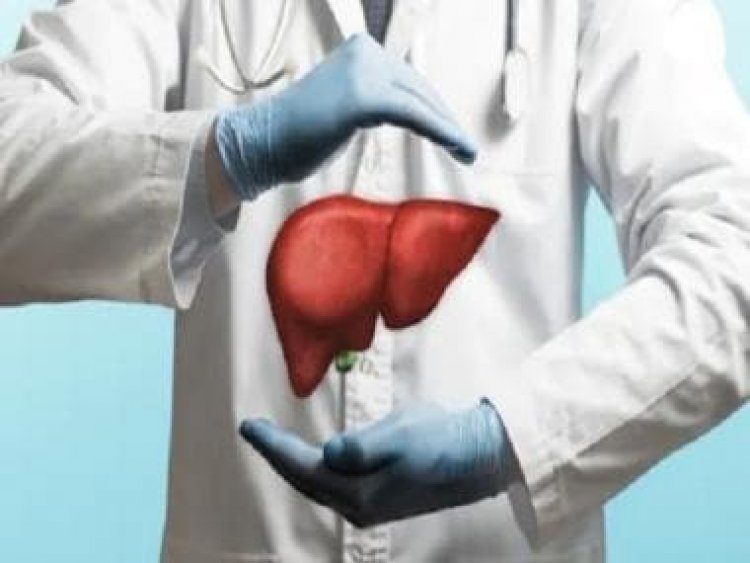How lifestyle changes and food modification help to cure fatty liver
How lifestyle changes and food modification help to cure fatty liver

Non-alcoholic fatty liver disease has become one of the leading causes of chronic liver disease. It is mainly a lifestyle-related disease with a sedentary lifestyle being a predisposing factor. There are other causes like alcohol consumption, Hepatitis C, metabolic liver diseases also which might cause a fatty liver and need to be ruled out.
Metabolic syndrome i.e patients with obesity i.e BMI > 30, diabetes mellitus, dyslipidemia, hypothyroidism are prone to developing a fatty liver and must be screened. It is no longer considered a benign condition and can potentially lead to chronic liver disease and liver cirrhosis. Non alcoholic Steatohepatitis (NASH) is an intermediate stage where fat on the liver can cause liver injury.
As with other lifestyle diseases here prevention is cure.
- Weight
It is the treatment of choice for fatty liver disease. Gradual weight loss of 7-10 per cent body weight over a year is recommended. Rapid weight loss can worsen fatty liver.
Reduce the number of calories consumed. Using a health racker may help you with this.
A diet rich in fruits and vegetables, whole grains is beneficial. Decrease carbohydrate intake of rice and starchy foods. Limit your intake of saturated fats, which are found in meat, dairy products. Replace them with monounsaturated fats (olive, canola, and peanut oils) and polyunsaturated fats (corn, safflower, soybean oils, and many types of nuts). Omega-3 fatty acids, a type of polyunsaturated fat found in oily fish such as salmon, flaxseed oil, and walnuts is beneficial. Foods with a high glycemic oindex should be avoided.
Reduce the amount of salt and sugar in your diet. Avoid sweetened beverages like juices, tea.
Caffeinated coffee reduces the risk of liver fibrosis in several liver diseases, including NAFLD. Studies suggest you need to drink more than two cups per day to gain this benefit, however, some people do not tolerate it well.
Vitamin E containing foods like almonds, peanuts, pumpkin, avocado reduce liver injury.
Exercise for at least 30 minutes five days of the week. Choose an exercise of a moderate intensity (light jogging, biking, swimming).
If diet and exercise don’t help you can join a medically-supervised weight loss programme that employs medication. There are weight-loss surgical and endoscopic therapies that work by either limiting the amount of food your stomach can hold, or reducing the amount of calories your body absorbs.
- Control your diabetes, cholesterol
Along with a suitable diet, medications may be needed. Regular checking of blood sugars and lipids is advised.
- Protect your liver
Avoid drinking alcohol.
Take medications only as instructed.
Be cautious about taking dietary supplements. Certain vitamins and minerals – like vitamins A, iron, and niacin – can be harmful to your liver in higher doses than necessary or prescribed.
Check with your healthcare provider before trying any herbal remedies.
A multidisciplinary approach to treatment that involves hepatologists, nutritionists, endocrinologists, and other specialists is essential to successfully manage the underlying metabolic conditions associated with fatty liver disease.
The author is a Consultant - Hepatology and Liver Transplant at Global Hospital, Mumbai. Views are personal.
Read all the Latest News, Trending News, Cricket News, Bollywood News,
India News and Entertainment News here. Follow us on Facebook, Twitter and Instagram.
What's Your Reaction?



























































